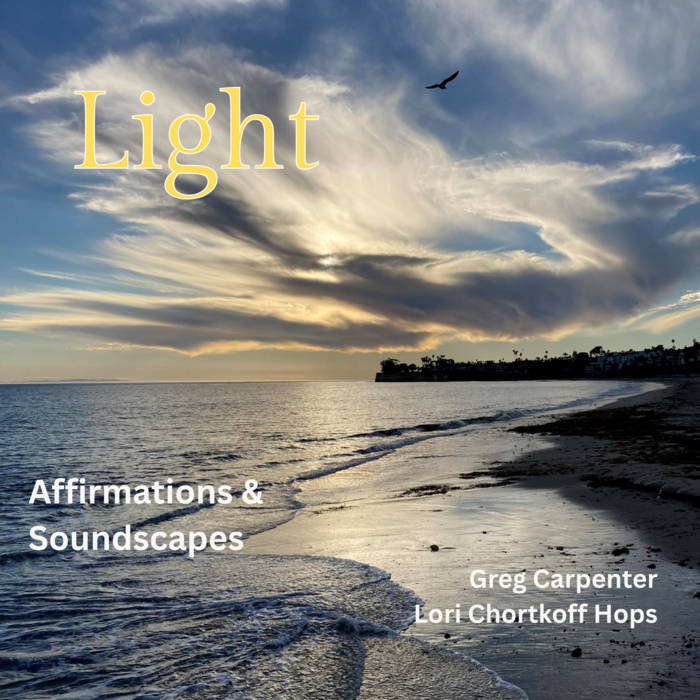Back in 2019, I attended the Association for Comprehensive Energy Psychology conference in New Mexico. It was an incredible five days of learning, connecting and experiencing such a vibrant energy of grace and love. I also attended Joan Borysenko day long-preconference workshop on Neuroscience and Spirituality.
In one part of her presentation she talked about the critical time in our life of Liminality. She sees this as that state where we are in between what is "no longer" and what is "not yet."
I have experienced my many losses in the past four years. Centainly way beyond what I could have imagined.
This space in time, between what is "no longer" and what is "yet to be," can be a great time of heart ache and a deep opportunity for introspection and growth. This is my current reality as I deal with grief and loss. I have discovered through several significant losses that grief can be over "what was lost" in the past and what you imagined "was to be" in the future.
You would think that the death of my wife and father within a six week period would have drilled into my mind the uncertainty and unpredictability of life (preparing me for yet another loss). Yet, I am a romantic, idealist and incureably hopeful. What is that old joke, "If you want to make God laugh, tell her your plans."
In Buddhism, there is this idea that attachment to our expectations is the source of suffering. In Intention Tapping or Intention Energy Process developed by Steve Wells, we say that it is our emotional attachments that lead us away from accepting what is.
These emotinal attachments/entanglements with the past and future can result in the blockage and flow of energy. It isn't about strong arming our way through our feelings and letting them go. It is about tuning in so we can let in the feelings that go along with acceptance and return back to a state of energetic flow and balance.
Facing a most recent loss, I must embrace what is no longer and find a way to grieve, be kind to myself and resilient as I take one step forward at a time, uncertain of what is yet to be (discovering that is very hard for me).
I am finding there is divine grace and stillness when I go inward and sit with the pain, sadness and even anger. On a good day after journeying inward and sitting with what is "no longer" and all the feelings associated - there exists a stillness of mind and heart - a deep centeredness in my essence and divine grace. On other days, there is very busy mind trying to wrap itself around "what is" and an often shouting outbursts of f-bombs as the only form of prayer that I can express.
We need to journey inward to be able to journey outward in a more solid, somewhat knitted together and centered way.
Author Jeff Brown put it this way,...
"It’s not about “letting it go.” It's about letting it in. It’s about letting it deep. It’s about letting it through. It's about being true to your feelings. It’s about giving your experiences the attention they deserve."
In my work as a Intention Tapping therapist we call the result of this process returning energy back to flow and balance (for more information on Intention Tapping go to https://intentiontapping.com/).
It's about letting it in so we can release our attachments to our negative beliefs and stories we tell ourselves that block the flow of energy and keep us stuck.
This is a place Joan Boreysenko calls Liminality (what is no longer and what is not yet), it is a place we often want to escape and pass through as quickly as possible.
Imagine your are surrounded by a thick hedge row/bush containing long and sharp thorns. There is no way over the top of this brush or around it. You can only choose to go through it. You may run fast as you can screaming to induce your adrenaline to numbly pass through. You will feel less pain, but you will be a bloody mess on the other side. Or you can mindfully pick your way through the brush feeling the pain of each prick and cut by the thorns as you pass through. It will hurt, but you will come out on the other side a wounded but more whole person.
In my own grief, I had been faithful to this process up to about seventy five percent walking carefully through the thorny bush. Then, I wanted to just run, charging in my old High School football self, through the remaining grief.
My new breath prayer for dealing with this concept of Liminality is "wait and see." As I am learning to embrace uncertainty and move forward in my life, I am getting more comfortable with this "what is no longer" and "what is yet to be."
May we find ways to release our emotional entanglements, restore our energy and self back to flow, and restore our connection to our divine essence.
(This was written back in January of 2025)



